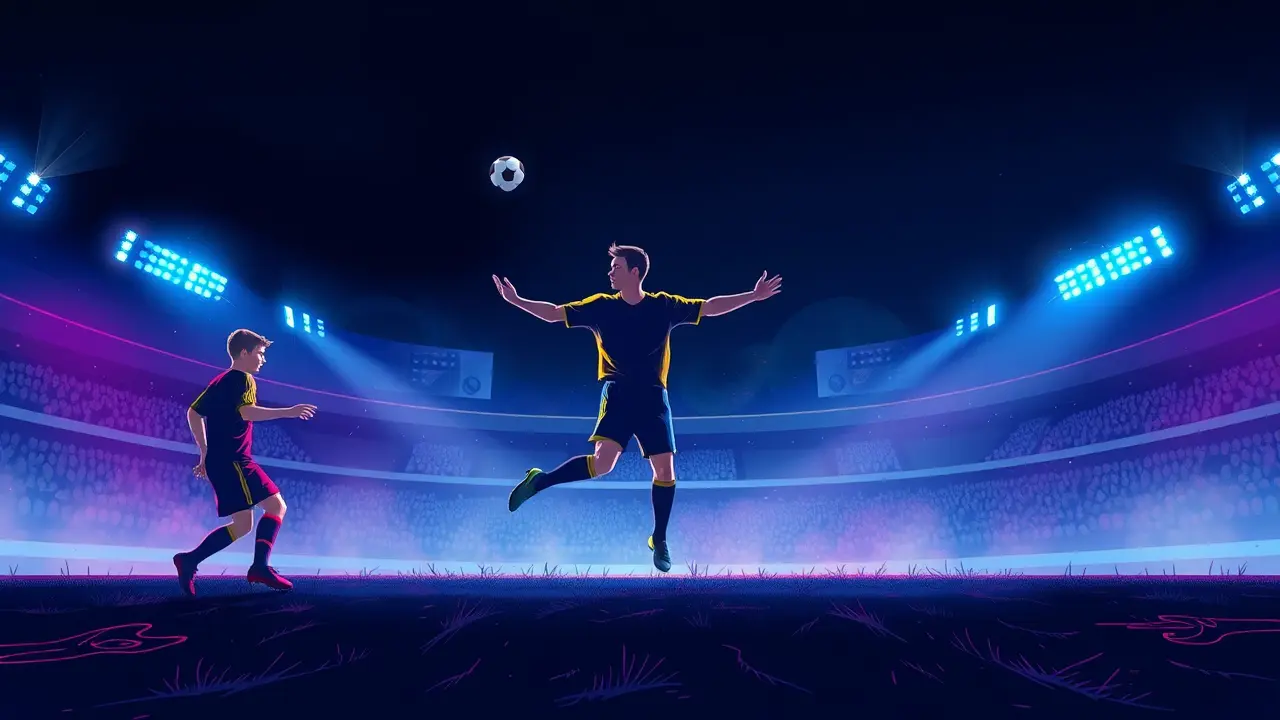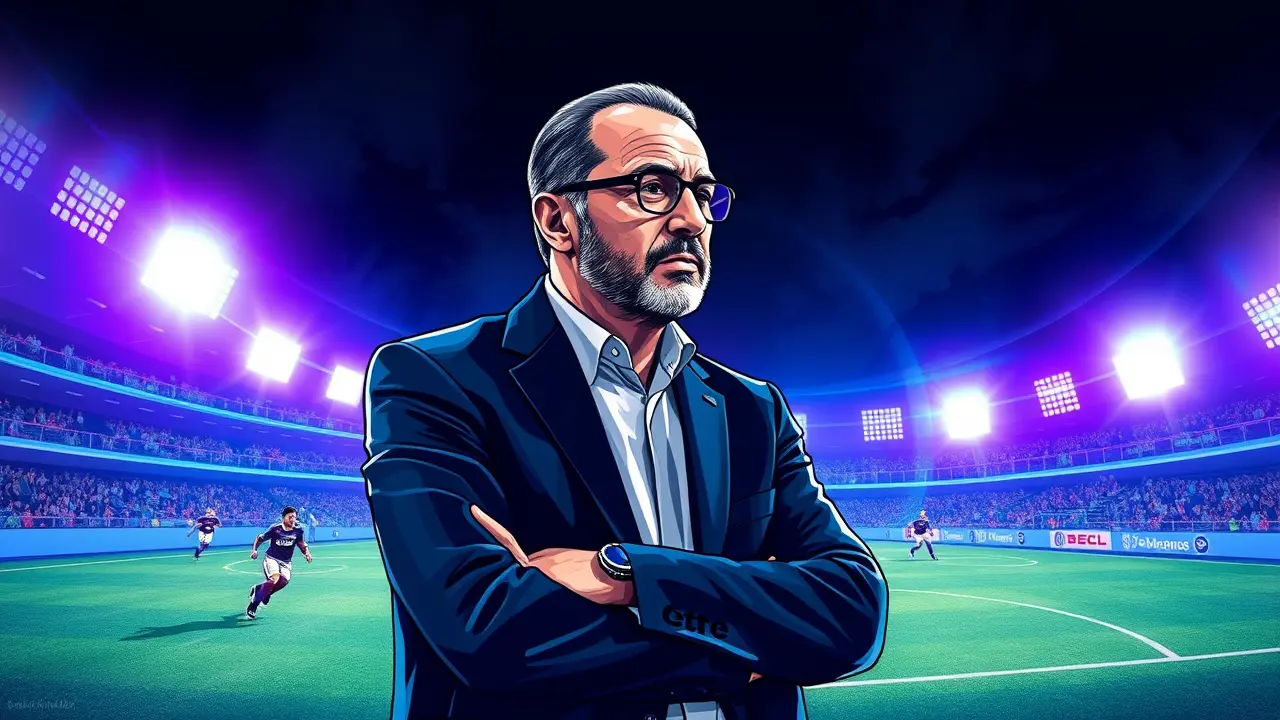
SportfootballSerie A
Ex-referee Cesari: Great players like Maradona and Zidane didn't complain.
JA
Jack Turner
5 hours ago7 min read1 comments
In a refreshingly candid revelation that cuts to the very heart of football's modern malaise, former Italian referee Graziano Cesari has drawn a stark line in the sand, separating the timeless legends from today's incessant complainers. His central thesis, delivered not with academic jargon but with the weight of a man who has officiated at the sport's zenith, is devastatingly simple: the truly great players, the deities of the beautiful game like Diego Maradona and Zinedine Zidane, simply did not whine.When asked which player irritated him the most, Cesari didn't name a specific antagonist. Instead, he offered a eulogy for a bygone era of respect, listing a pantheon of icons—Zidane, Luis Figo, Roberto Baggio, Marco van Basten, and Maradona—and stating unequivocally, 'The greats do not whine; at most, they throw a look at the referee.' This single sentence is a thunderous indictment of the contemporary culture where surrounding the official, arms flailing in manufactured outrage, has become a standard tactical ploy. Cesari’s words force us to confront an uncomfortable truth: has the game's soul been eroded by a pandemic of play-acting and psychological warfare against referees, a tactic beneath the dignity of the true greats? To understand the gravity of his statement, one must delve into the specific, poignant memory he shares of Maradona.Cesari was the man in the middle for a seemingly routine Serie A match between Napoli and Bari on March 17, 1991, a game that would ironically precipitate Maradona's departure from Italy due to a subsequent doping ban. But Cesari’s recollection isn't of the scandal; it's of the man.He paints a vivid pre-match scene: a stadium storeroom, a simple coffee, and the arrival of Diego in 'terrible moccasins with little bows. ' Someone tosses him a ping-pong ball, and with 'staggering ease,' the Argentine genius begins to juggle it, transforming a mundane moment into a display of otherworldly talent.It was so sublime that it prompted Bari's Brazilian player, João Paulo, a competent professional in his own right, to approach Cesari and utter the despairing, awe-struck question, 'What the hell am I even playing football for?' This anecdote isn't just a cute story; it's a foundational pillar for Cesari's argument. Here was Maradona, a figure capable of reducing a fellow professional to existential doubt with a casual flick of his foot, yet on the pitch, where he was 'beaten' and fouled relentlessly, Cesari confirms there was 'not a single complaint.' The contrast couldn't be more jarring. The player with the most to lose, the most justifiable reason to feel aggrieved by rough treatment, possessed a stoic professionalism that put the team and the flow of the game above his own personal grievances.This ethos was shared by Zidane, whose legendary composure was only ever shattered in his final, tragic moment, and by figures like Van Basten and Baggio, artists who expressed themselves with the ball, not with their mouths. This is not merely nostalgic rambling; it's a data point in the analytics of greatness.When we analyze the profiles of these players, their Expected Complaints (xC) metric would be virtually zero. Their focus was absolute, their energy channeled exclusively into creation and victory.Today, the discourse is dominated by debates over VAR delays, tactical fouls, and the 'dark arts' of deception. Cesari’s testimony suggests that the very definition of a 'great player' needs revisiting.Is it solely about goals, assists, and trophies? Or does it encompass an intangible quality of character, a respect for the contest that transcends the result? The consequences of this cultural shift are profound. Young players now emulate the petulance they see on television every week.Referees, already under immense pressure, face a constant barrage of dissent that undermines their authority and slows the game to a crawl. The spectacle suffers.The lesson from Cesari, channeling the spirits of Maradona and Zidane, is that true greatness is as much about silent resilience as it is about dazzling skill. It’s about earning respect through performance, not demanding it through protest. In the end, the most powerful statement a player can make is not with his arms raised in appeal, but with the ball at his feet, in breathtaking, silent motion.
#editorial picks news
#Graziano Cesari
#Diego Maradona
#Zinedine Zidane
#football legends
#refereeing
#sportsmanship
#Napoli
#Bari
Stay Informed. Act Smarter.
Get weekly highlights, major headlines, and expert insights — then put your knowledge to work in our live prediction markets.
Related News
© 2025 Outpoll Service LTD. All rights reserved.













